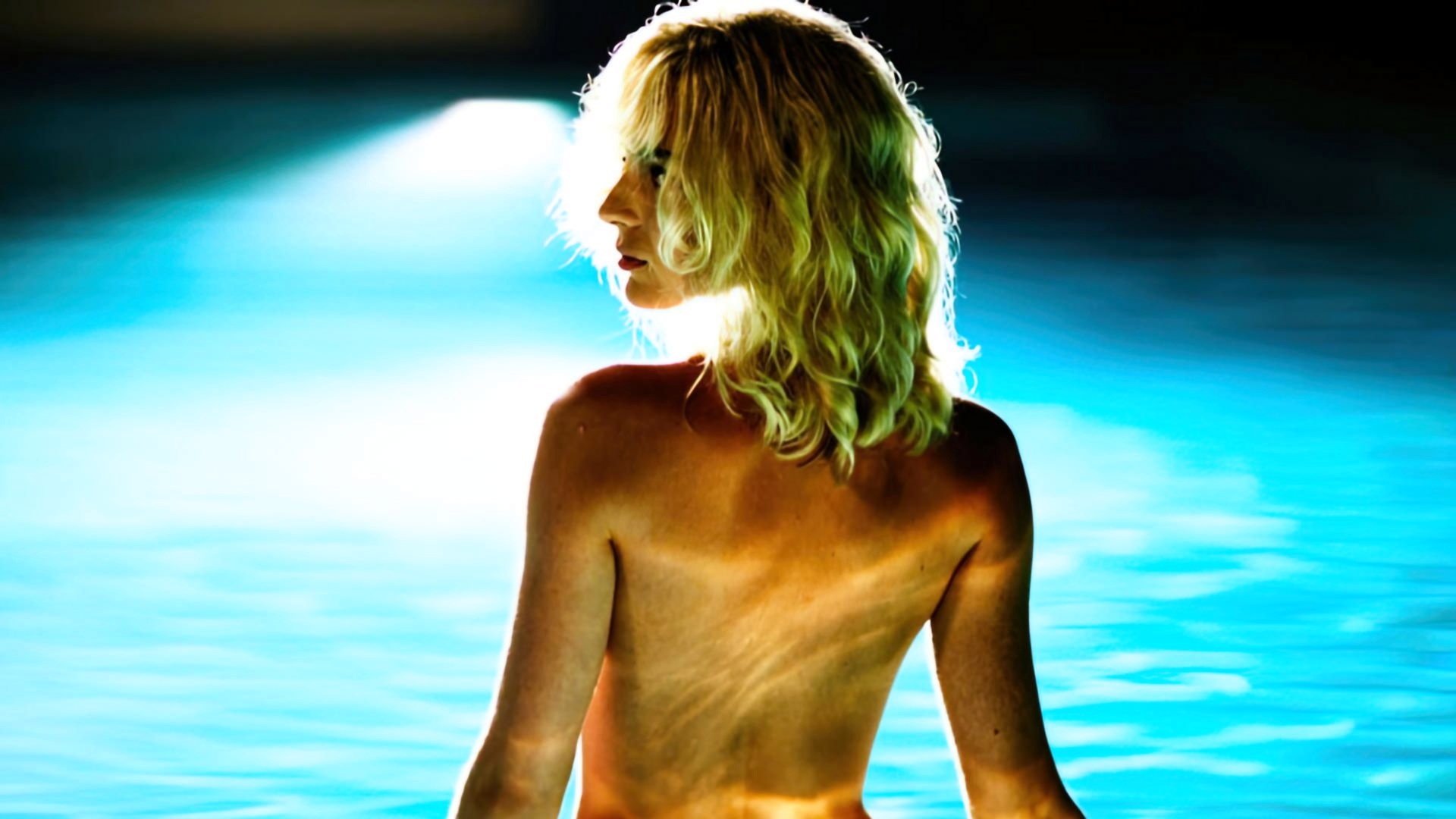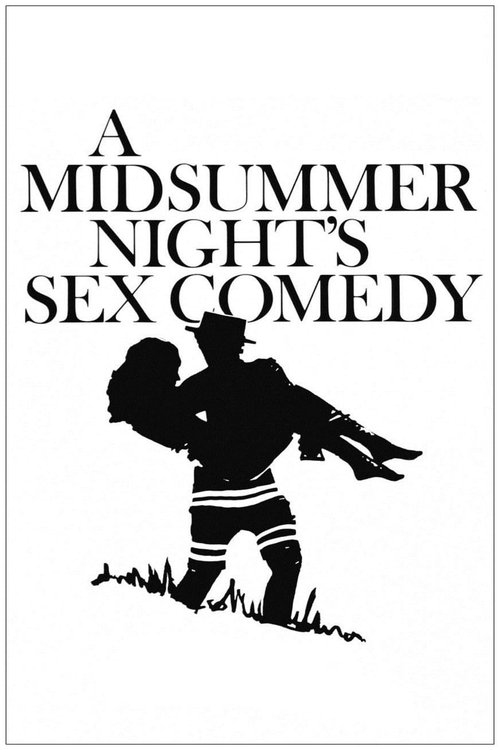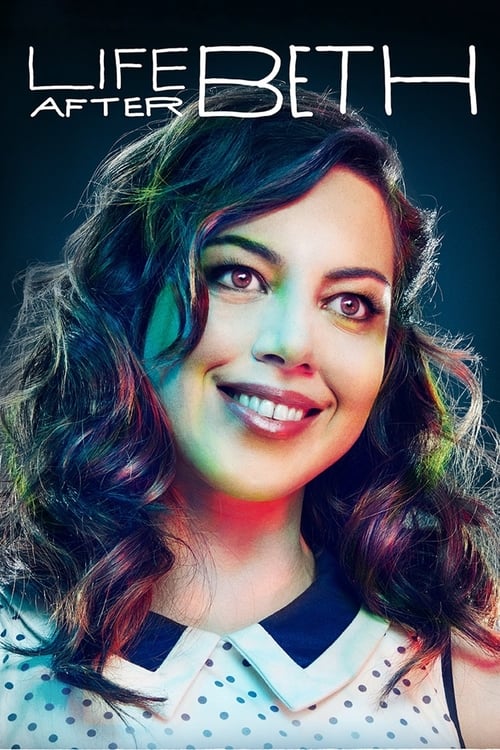
2010
Black Heaven
Drama, Thriller
6.0
User Score
78 Votes
Status
Released
Language
fr
Budget
$0
Production
Backup Media
Overview
An innocent young man becomes enamored with a mysterious girl. He is lured into "Black Hole" - a dark, obscure video game world of avatars with deadly serious intentions in the real world.
Review
merenabe
6.0
A young couple, Gaspard (Grégoire Leprince-Ringuet) and Marion (Pauline Etienne) are enjoying summer in the idyllic South of France when, by chance, they find a mobile phone. Their curiosity is piqued by the mysterious tone of the messages on the phone – as well as by photographs of a beautiful woman stored on it – so they decide to go along to the meeting-place of a church suggested by ‘Dragon’ (Swann Arlaud) to ‘Sam’ (Louise Bourgoin). Having got a glimpse of the couple, they decide that following them further would be an interesting afternoon’s diversion.
This doesn’t prove as easy or as enjoyable as they anticipate: things turn sinister as, when they catch up with the couple, they find them attempting to commit suicide in their car. They manage to get into the vehicle to save the girl but it’s too late for her partner and, disturbingly, Marion swears that she saw someone watching this scene unfold from the nearby woods. As shaken as they both are by these events, Gaspard’s curiosity hasn’t been abated; he cannot resist stealing a camera evidently rigged up to film the suicide attempt, and watches it when he finds himself alone – though he doesn’t get the references to the ‘Black Beach’ mentioned by the couple, nor does he know why Dragon and Sam would (with such sentimental aplomb) record their deaths.
Life for Marion and Gaspard proceeds as normal. However, when by chance Gaspard again encounters Sam – real name Audrey – whilst out scoring weed with his friends, he cannot resist telling her how he recognises her. They talk briefly, but in that time Gaspard is able to make sense of some of the information he saw in the texts. Some of the places described are to be found in an online game called Black Hole. His interest in the enigmatic Audrey leads him to enter to game to look for her alter-ego: however, in Black Hole the distance between self and avatar is complicated, and for a newbie like Gaspard this almost instantly poses problems…
The press release accompanying Black Heaven describes the film as ‘Tron meets Blue Velvet': well, thankfully there’s very little of Tron here, but you can certainly pick up some Lynchian elements in the film’s mysterious femme fatale, its incidental music and most of all the feeling that we, like at least one of the protagonists, don’t have a grasp on what is going on, that there is a mystery to be solved. Internal states take precedence over action for much of the film and not simply because parts of the plot occur in a virtual environment; the focus is very much on what motivates our characters, particularly Gaspard, whose naïvety leads him badly astray. Nothing is immutable though, and the audience isn’t allowed to settle into any one mode of understanding. Gaspard starts out being called a ‘kid’ by others, yet the plot bestows him with a steep learning curve only to spit him back out as a ‘kid’ again. Audrey/Sam is also affected by this, apparently moving from victim to vamp and back (whilst giving the film’s best performance, whether on screen or not, virtual or not.)
As for Black Hole itself, the world of the game looks impressive: whilst the South of France is warm, sunny and populated by the beautiful people, Black Hole is its opposite, always swathed in darkness and populated mainly by a fascinating array of grotesques. There’s always a danger, though, that what looks cutting-edge now will look ridiculously outdated within a relatively short amount of time, and if the technology carries the plot rather than the other way around this effect nearly always feels worse. Black Heaven may be spared that fate: the idea of MMORPGs is of course a modern phenomenon, but after all the game is still just an arena to explore more timeless ideas such as selfhood, identity and obsession. I’d actually have liked more of the film to take place in this virtual world, as I thought the interplay between avatar and self raised lots of intriguing points, but as it stands I hope Black Heaven will not lose its impact by virtue of its computer graphics. There’s a lot more going on here, to the point that some more explication would not have gone amiss – just a little, because I appreciate that one of the strong points here is the gently-unsettling atmosphere. Another criticism would be that Leprince-Ringuet doesn’t always communicate all the brooding emotions we know must be present in that head of his, and sometimes seems dwarfed by the strongly-delineated roles being played out around him.
For all that, I really liked Black Heaven; it’s an innovative, stylish and languid film whilst its successful elements far outweigh the less-successful. Oh, and as a David Lynch fan I can’t help but wonder if director/writer Gilles Marchand is too, not just because of the overall tone but for one scene in particular which reminded me very strongly of Mulholland Drive
Read More 



